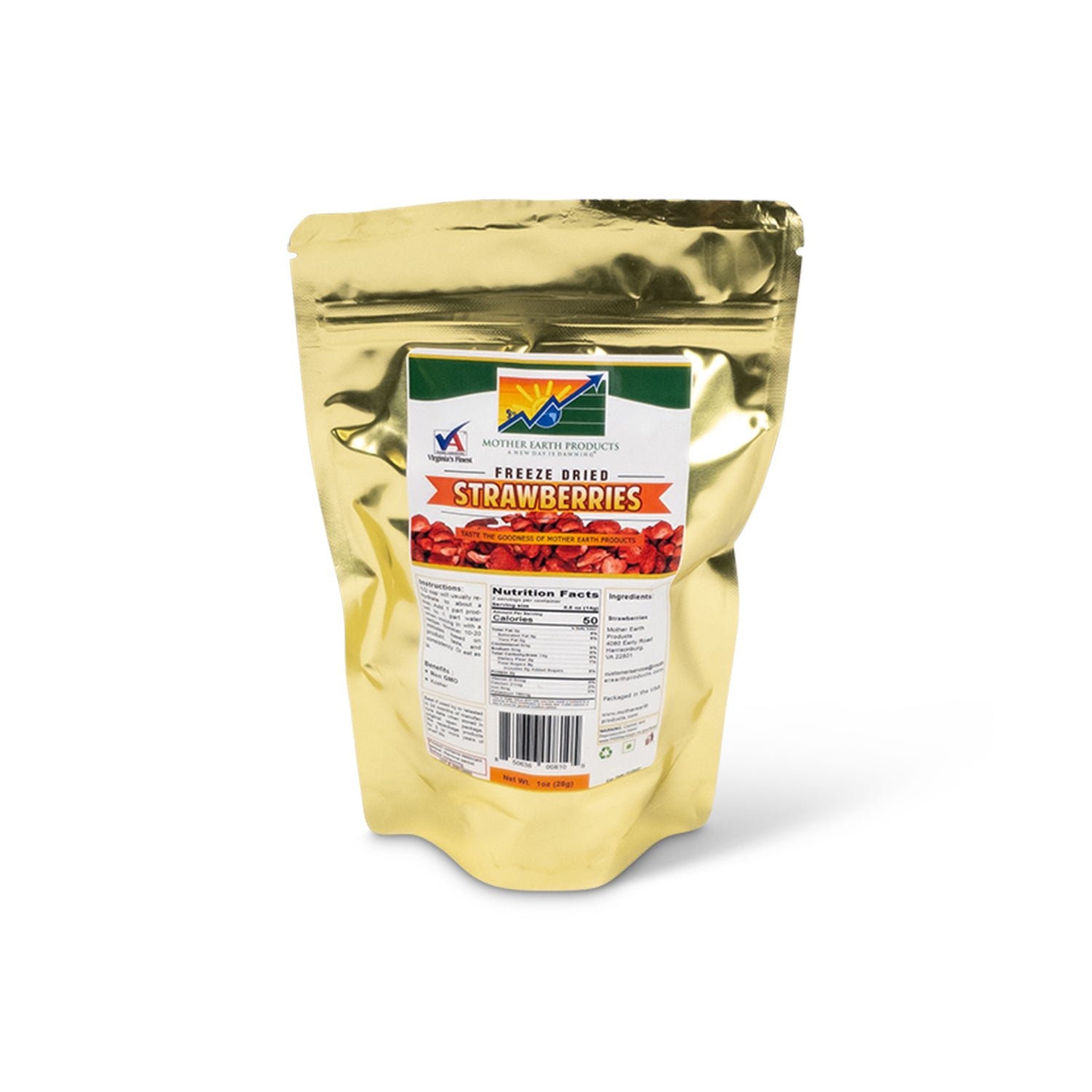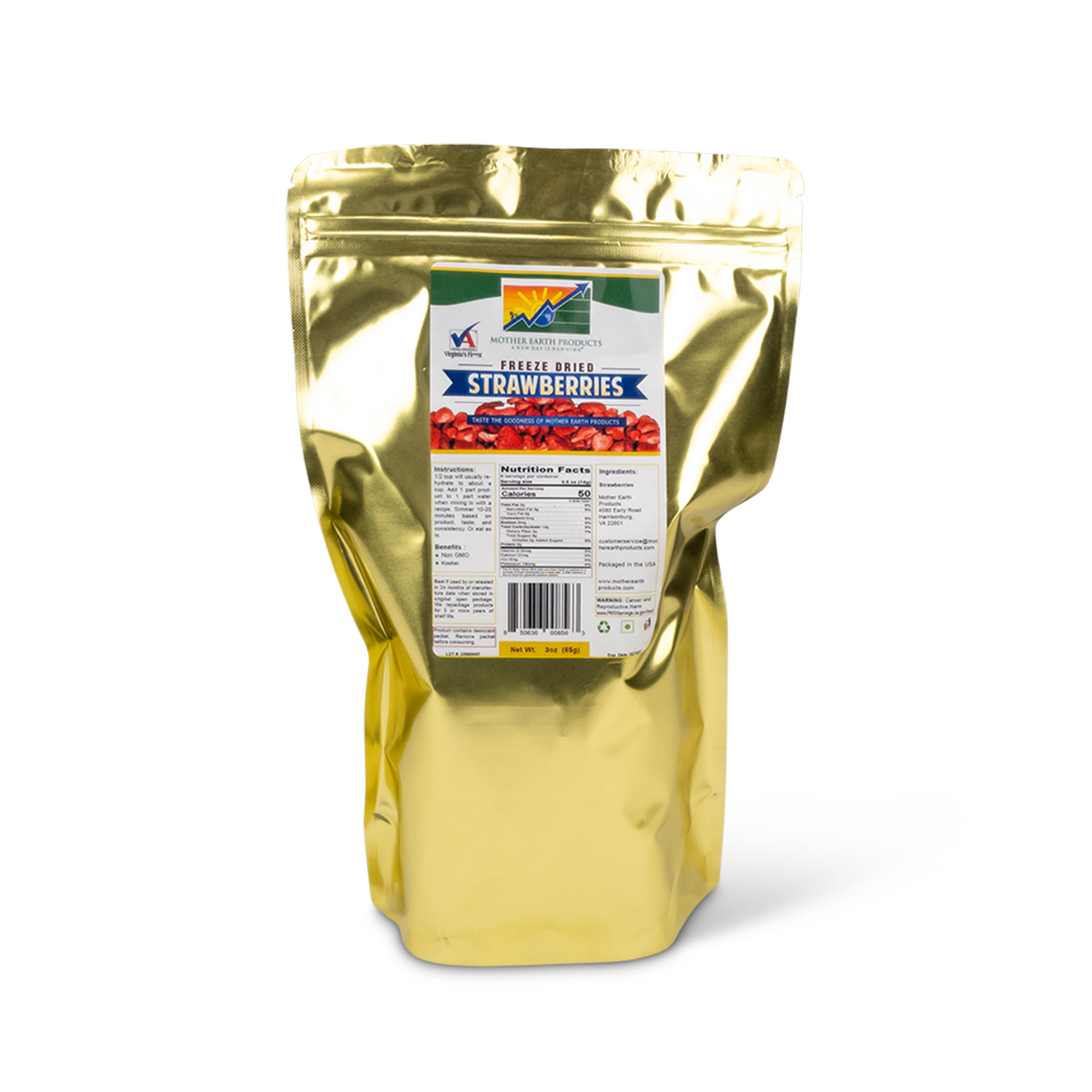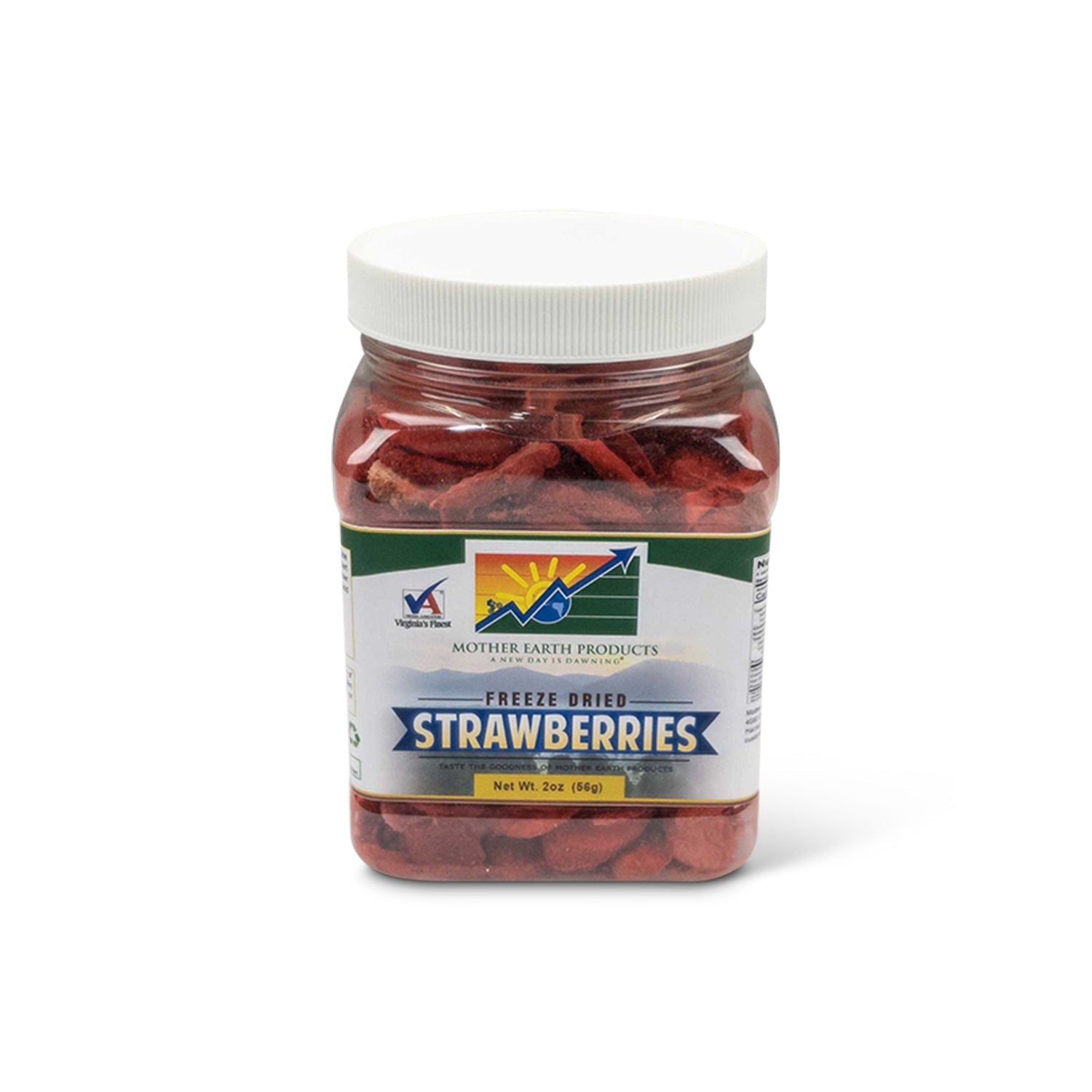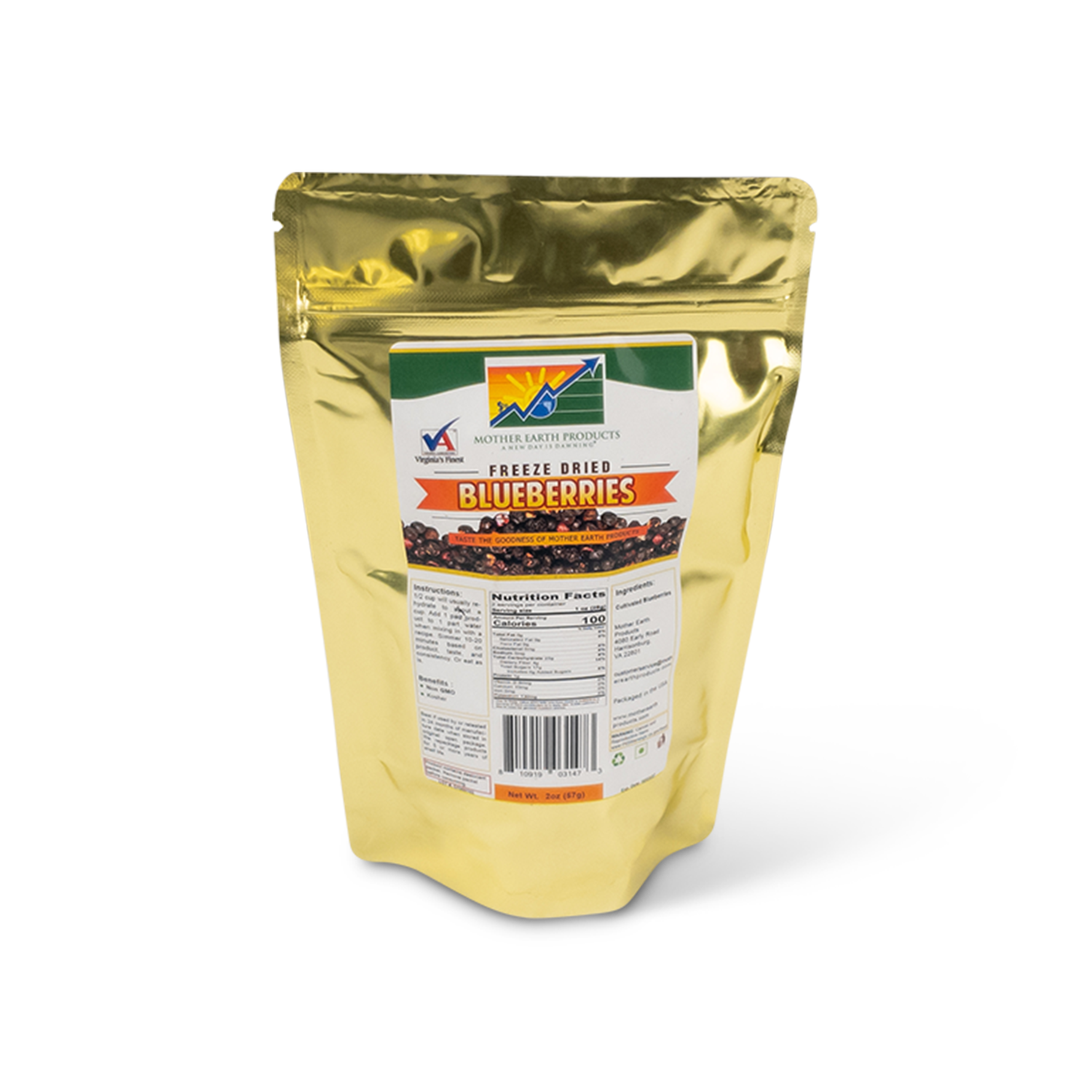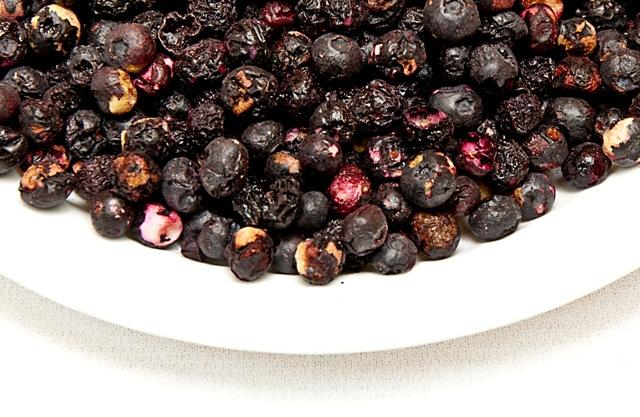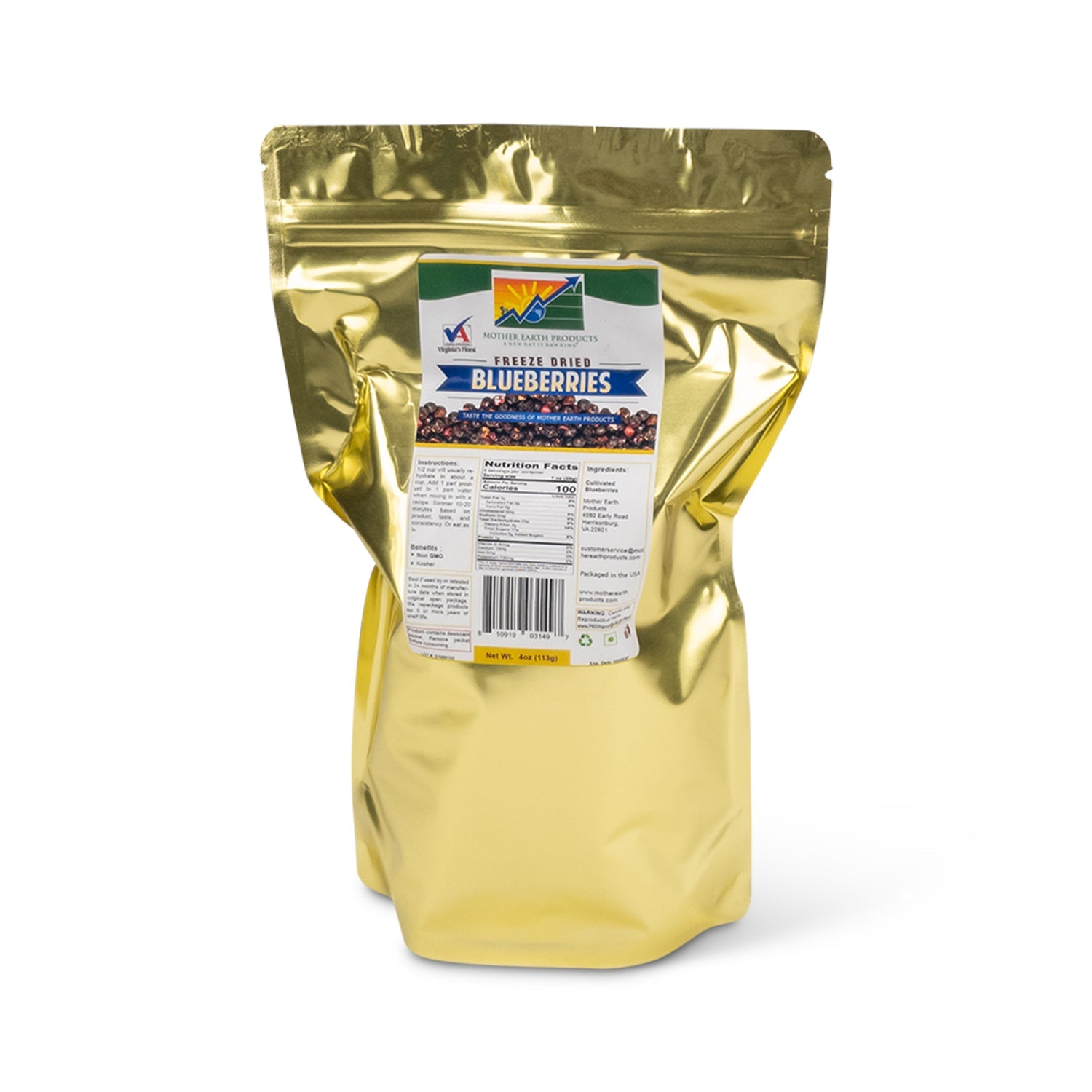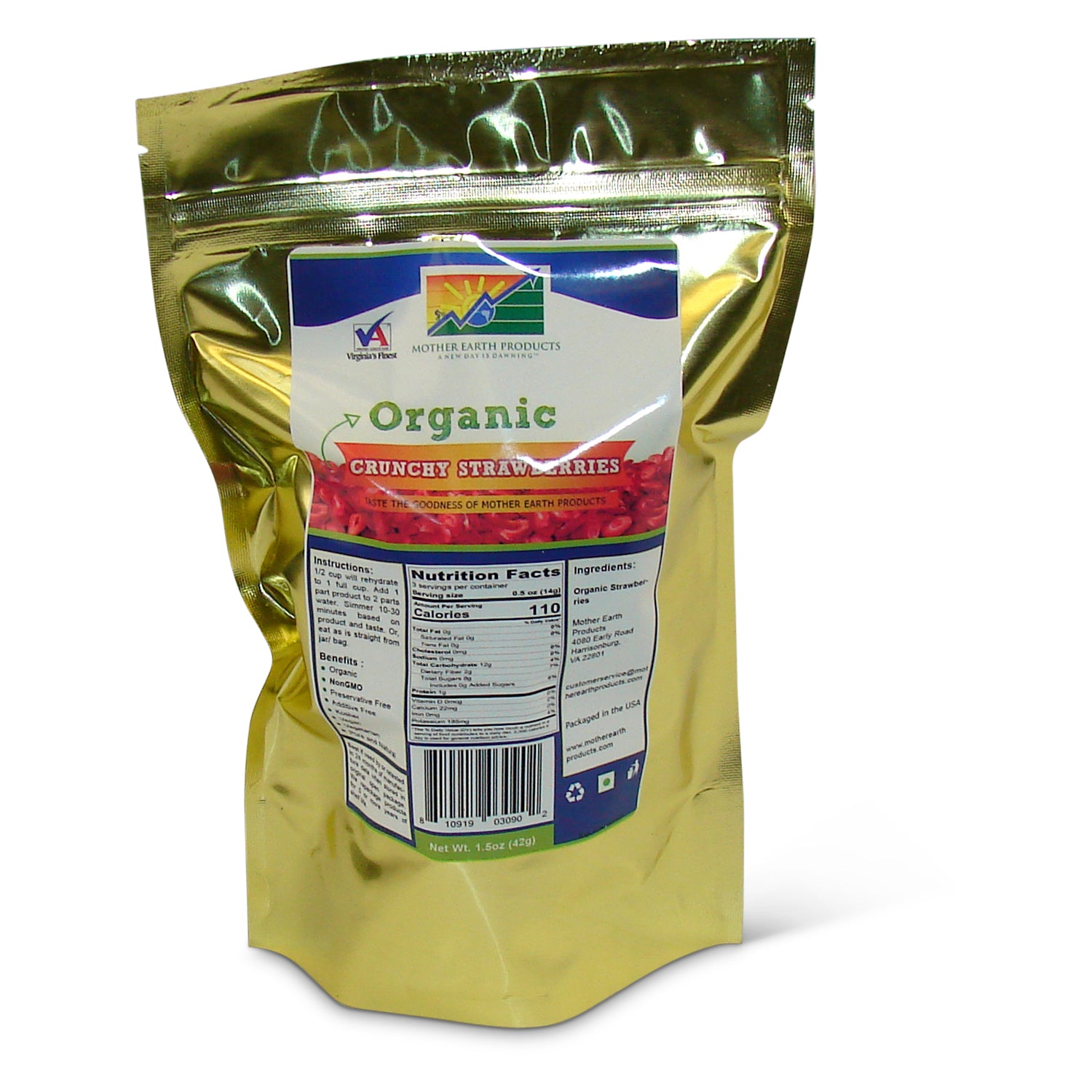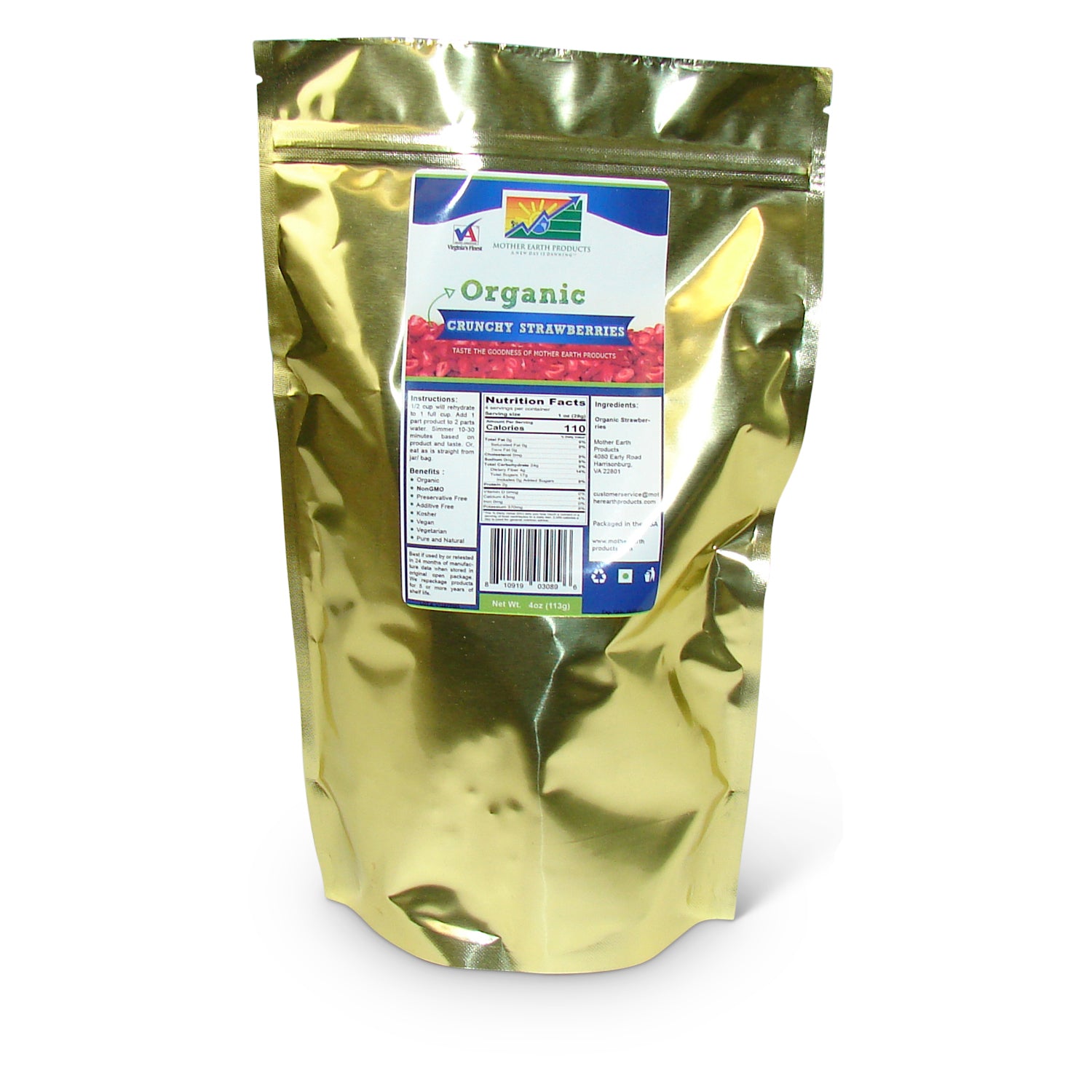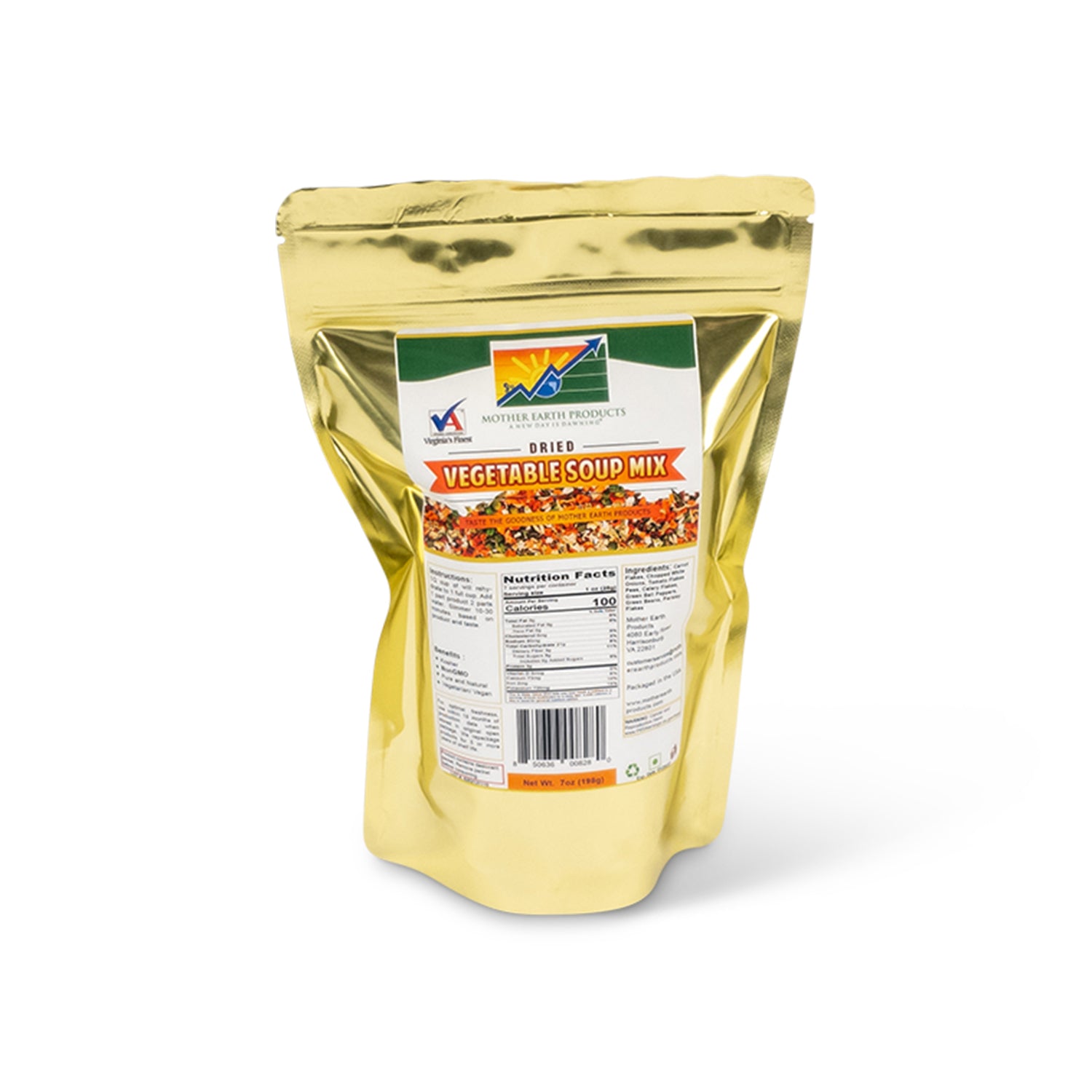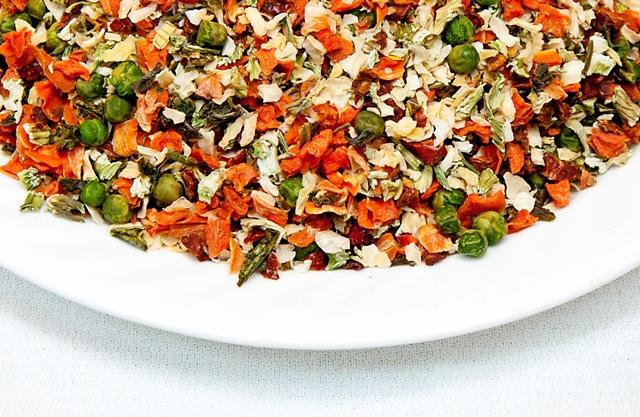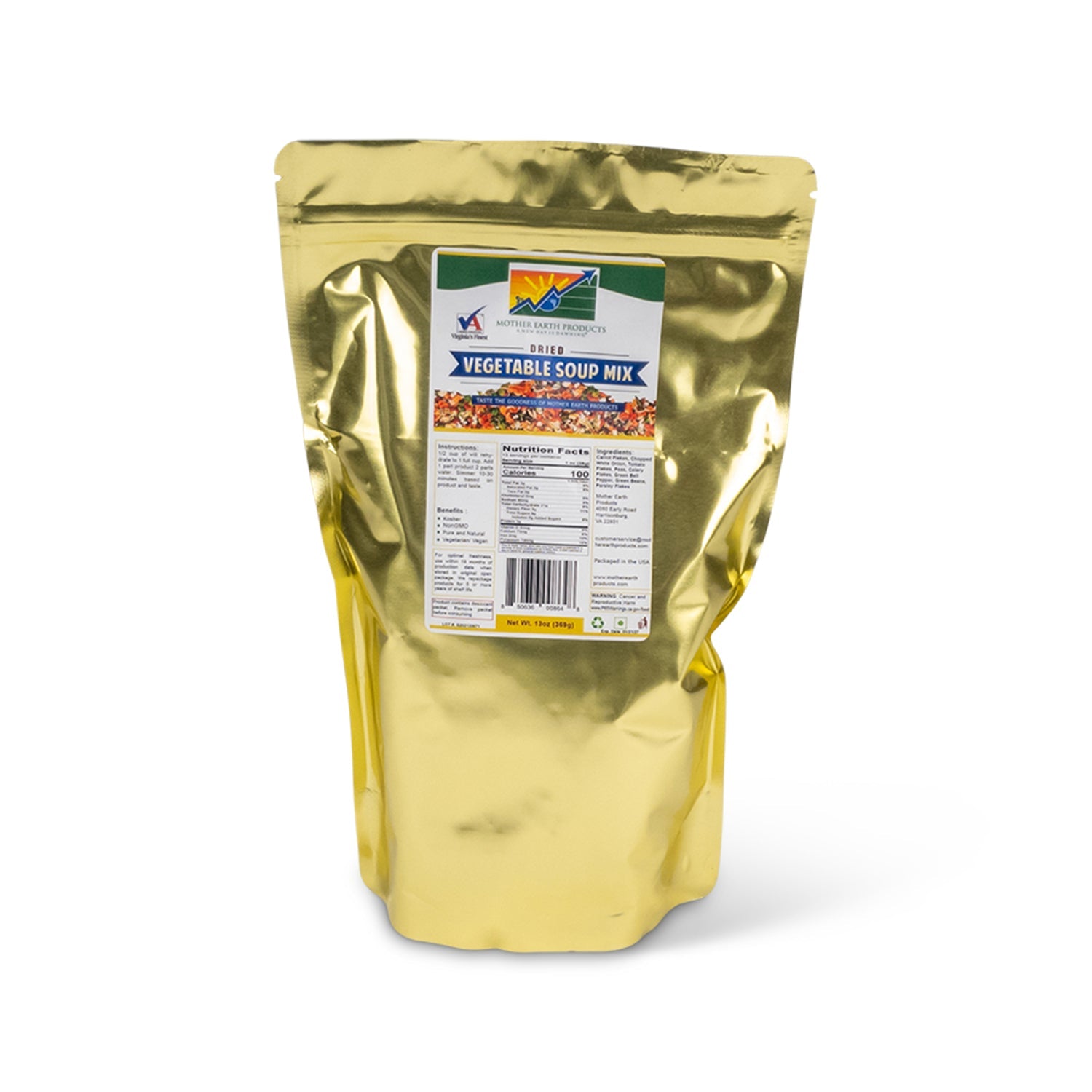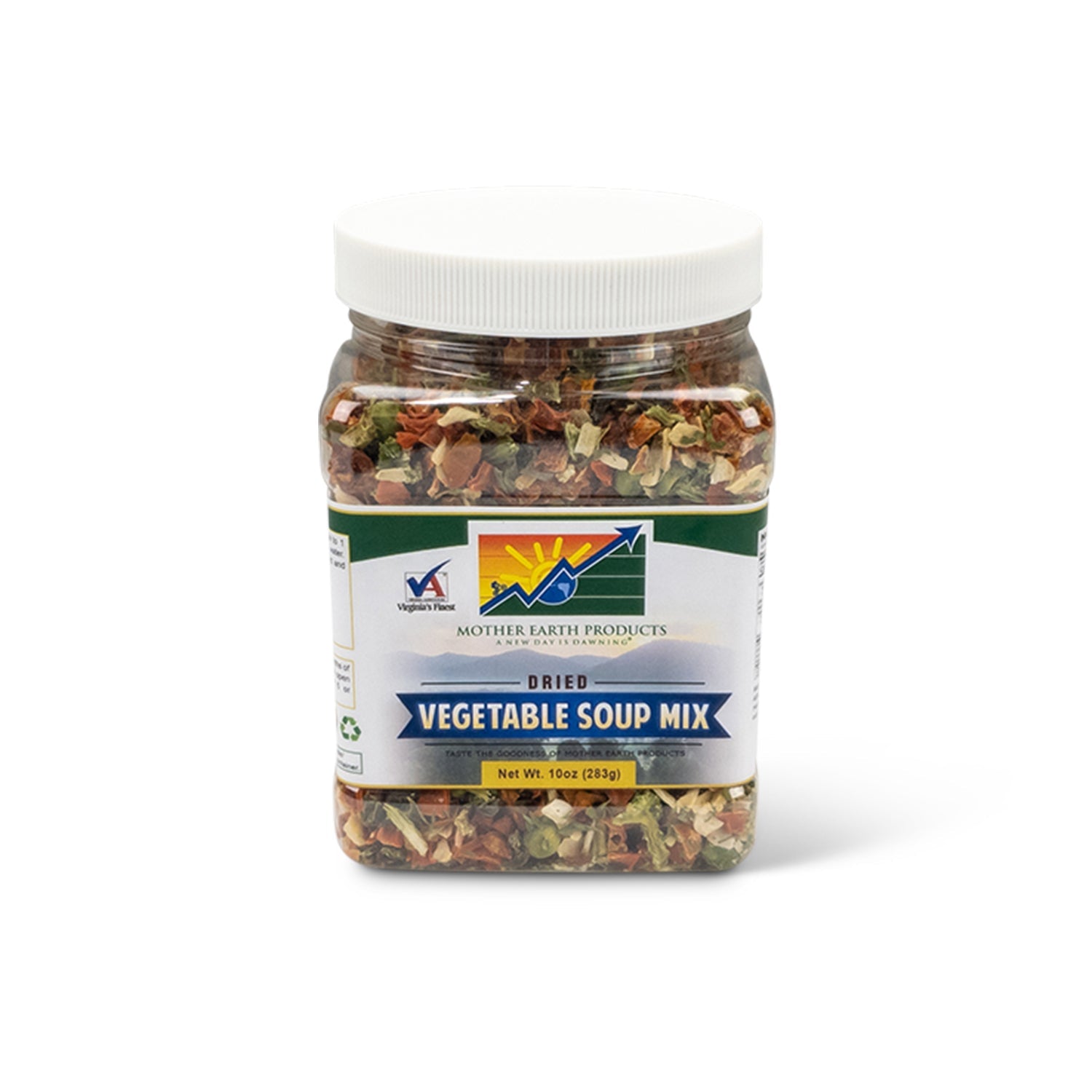
10 Cool Ways to Celebrate Stress Awareness Month and Reduce Anxiety
Whether you have an issue at work, recently argued with a friend, or (as of late) struggle with COVID-19 anxiety, chances are you've been on the wrong side of stress more times than you can count. Heck, you may even be part of the 79% of Americans who experience it daily¹; so, by now, you two probably co-exist.
However, feeling stressed all the time won't do your mental health any favors, especially if this has been going on for a while. That's why Stress Awareness Month is here to help us learn all about stress and how to beat it. So, if you want to decompress when things feel chaotic, these ten cool ways will help you celebrate Stress Awareness Month the way we all should: chillaxed and poised.
What is Stress Awareness Month?
Held every April since 1992, Stress Awareness Month² is a national initiative that aims to inform people about the potential causes and cures for stress, a.k.a. *“the health epidemic of the 21st century”*³ (as dubbed by WHO). During its course, mental health professionals from across the country join forces to share their knowledge on the dangers of stress as well as attainable coping strategies to deal with increasing nervousness. In some cases, the experts even brief people on the misconceptions around stress and how those can do more harm than good.
10 Healthy Habits to Build During Stress Awareness Month
1. Roll Out Your Yoga Mat
By now we all know that yoga and beating stress go hand in hand⁴. The combination of deep breathing, mild physical activity, and mindfulness increases the blood flow to the brain, stimulating pleasure centers while calming fear and aggression centers. Such an inhibition lowers the heart rate, blood pressure, and respiratory rate, eliminating stress.
Don’t feel discouraged if you're not a hardcore yogi. According to research, meditation can also do the trick as it improves blood pressure and cortisol levels⁵, giving your body a chance to relax. Scientists have even found that meditation increases the amount of grey matter in the brain, helping you control your emotions (including stress) even more⁶.
2. Head Into the Kitchen
For some, cooking may be a daily chore. But for others, especially those struggling with stress, cooking may actually be therapeutic. One recent study concludes that cooking can alleviate stress by improving nutritional habits⁷. Believe it or not, when we consume healthy foods, we feel happier and less agitated thanks to all the vitamins and nutrients. Next time you feel anxious, bust out your pots and pans—something as simple as a banana recipe or homemade soup can ease your mind.
3. Take Deep Breaths
Another useful tool in your battle against anxiety is your breath. Experts say shallow breathing sends signals of stress and anxiety to your brain, triggering your fight-or-flight response⁸. On the other hand, mindful, deep breathing stimulates the Vagus nerve, slowing down stress hormones⁹. Now, inhale, exhale!
4. Laugh it Off
Ever heard that laughter is the best medicine? Science agrees—getting your giggles on is linked to chemical changes in the body that reduce stress¹⁰. Genuine laughter is key, though, as forced laughter doesn’t have the same effects. So, call a friend, put on a comedy, or watch a funny animal video. Longevity might just be a few giggles away.
5. Sip Some Tea
Even though it contains some caffeine, green tea is known for calming people down¹¹. That’s because its leaves are rich in L-theanine, an amino acid with stress-reducing effects¹². For better results, researchers suggest adding honey, which comes with serious anti-anxiety properties¹³.
👉 Not a fan of green tea? Try chamomile tea—the herbal brew is linked to reduced stress thanks to flavonoids and zero caffeine¹⁴.
6. Listen to Your Favorite Tunes
Dust off that old playlist! A recent study showed that listening to music can calm your nerves by lowering cortisol levels¹⁵. While jazz and classical often get recommended due to their soothing tempos, any music you enjoy can help. The key is feeling good.
7. Take a Nap
Power napping boasts plenty of health benefits, but the most important is stress relief. Power naps act as a countermeasure for sleep lost at night. By reducing sleep deficit, napping regulates hormones like cortisol¹⁶.
8. Chew Gum
Chomping on gum might seem childish, but research shows it can lower cortisol and reduce stress¹⁷. It also stimulates areas of the brain linked to serotonin production, which regulates mood and anxiety¹⁸.
9. Get a Whiff
Science is still developing on aromatherapy, but several studies suggest that pleasant scents can reduce stress¹⁹. Lavender²⁰, rose²¹, and citrus²² stand out as some of the best aromas to try.
10. Read a Book
According to a University of Sussex study, **reading can reduce stress by up to 68%**²³. Reading slows your heart rate, calms your mind, and puts your body in a zen-like state. The only rule? Read something you actually enjoy.
References
-
https://news.gallup.com/poll/224336/eight-americans-afflicted-stress.aspx
-
https://hcatodayblog.com/2019/04/30/stress-the-health-epidemic-of-the-21st-century/
-
https://www.npr.org/2010/12/06/131734718/just-breathe-body-has-a-built-in-stress-reliever
-
https://www.naturalmedicinejournal.com/journal/2012-02/lavender-oil-anxiety-and-depression-0




